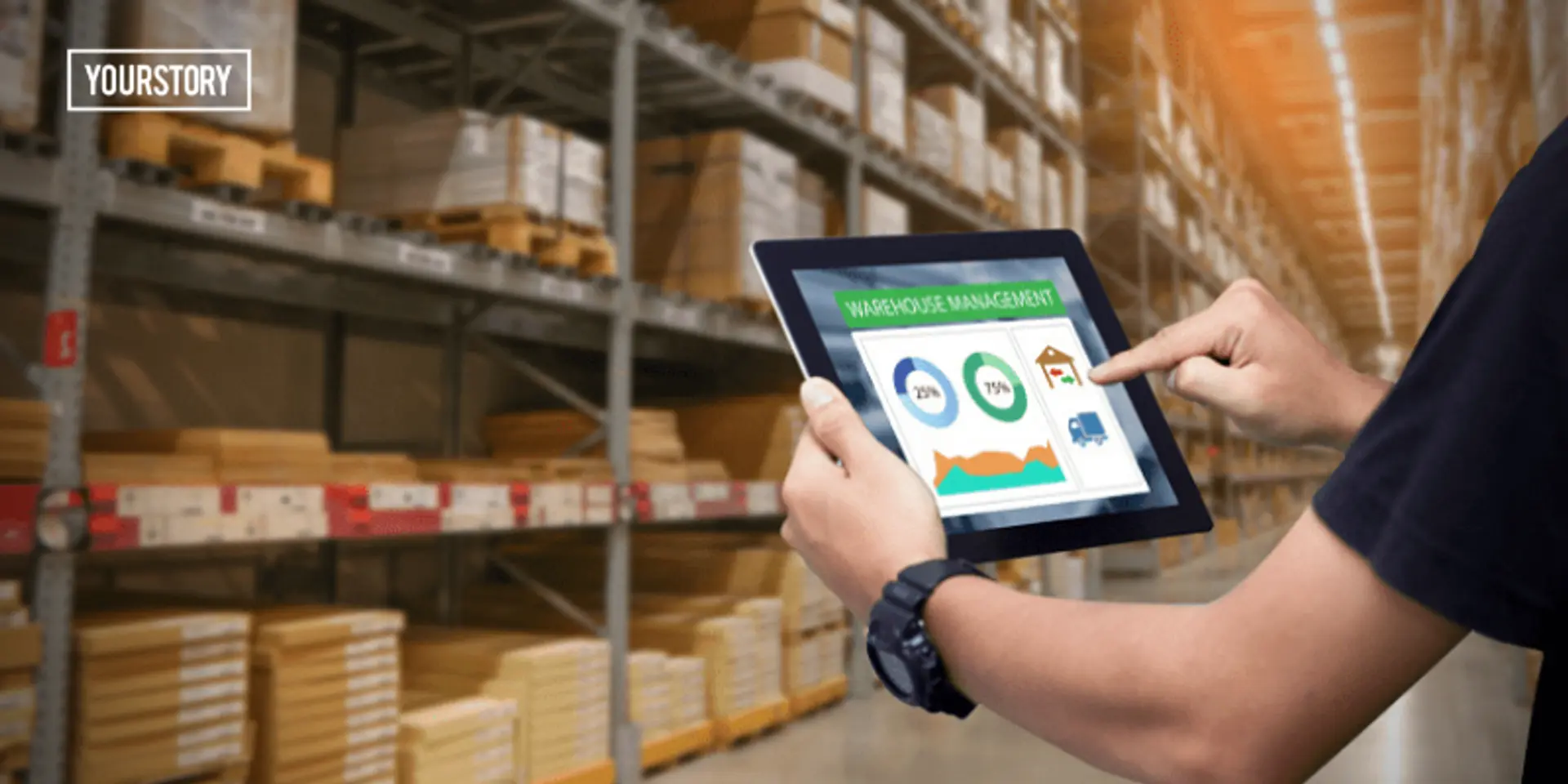Utilising multi-user facilities for sustained cost reduction and profitability
Multi-user facilities promote collaboration, innovation, and flexibility, enabling businesses to streamline operations and adapt swiftly to market changes and evolving customer demands.
In today’s highly competitive business environment, organisations continually seek innovative strategies to optimise operational efficiency and enhance profitability. One approach that’s gaining significant attention is the use of multi-user facilities. By leveraging these shared spaces, companies can achieve economies of scale, reduce redundant expenditure, and enhance resource utilisation.
This model promotes collaboration, innovation, and flexibility, enabling businesses to adapt swiftly to market changes and evolving customer demands. Consequently, multi-user facilities streamline operations and provide an environment that supports sustainable growth and competitive advantage.
Understanding multi-user facilities
Understanding multi-user facilities involves recognising both the strategic benefits and challenges of shared warehousing and distribution centres. These facilities, utilised by multiple companies, offer significant cost savings through shared resources such as storage space, labour, and technology.
However, coordinating multiple users presents complexities that necessitate robust management systems. These systems ensure efficient space allocation, accurate inventory tracking, and seamless handling of inbound and outbound goods. Successfully managing these dynamics can enhance operational efficiency and reduce costs, making multi-user facilities valuable in the logistics and supply chain sectors.
Strategic framework for utilising multi-user facilities
Multi-user facilities provide adaptable warehousing solutions tailored to short- and long-term needs, enabling you to scale operations according to market demands. With flexible cost structures, you pay only for the storage space and services you require, optimising your budget and minimising unnecessary expenses.
Pay per use: Effortlessly meet seasonal fluctuations and ad-hoc demands with the flexible pay-per-use model. This approach ensures that you only pay for the storage space and services you need, optimising your budget and reducing unnecessary expenses.
100% put-away and pick: Experience on-time and precise inventory access with efficient put-away and pick services. The system ensures swift order fulfilment, enhancing your supply chain efficiency.
99.9% inventory accuracy: Benefit from timely and accurate order fulfilment with the industry-leading 99.9% inventory accuracy. This high level of precision ensures that your inventory is always accounted for, reducing errors and improving customer satisfaction.
Compliant warehousing: Rest assured that the warehouses comply with change-of land-use and government regulations. Logistic companies conduct regular fire and electrical safety audits, ensuring your goods are stored securely and compliant.
Advanced technology: Robust warehouse management and transportation management systems give you complete transparency and control over your inventory storage and movement. Advanced technology solutions provide real-time visibility and control, enhancing operational efficiency.
Well-trained workforce: Team members are expertly trained to handle special products skillfully, ensuring that your unique inventory needs are met with the highest level of care and professionalism.
Achieving sustainability with multi-user facilities
Sustainable infrastructure features highlight the dedication to environmental change and operational efficiency. By integrating advanced technologies and eco-friendly practices, logistics companies ensure their facility meets and exceeds industry sustainability standards.
Rainwater harvesting: The facility has an advanced rainwater harvesting system to support sustained water conservation efforts. Collecting and utilising rainwater significantly reduces reliance on municipal water supplies. This system promotes sustainable water management practices and contributes to overall conservation initiatives.
Turbo fans: Installing turbo fans within the warehouse effectively reduces the internal temperature by 2-3 degrees Celsius. These fans enhance ventilation, creating a cooler and more comfortable working environment. Minimising the need for air conditioning improves employee comfort and reduces energy consumption.
Solar panels: Solar panels demonstrate the facility’s commitment to environmental sustainability. By harnessing solar energy, fossil fuel dependency is reduced, lowering greenhouse gas emissions. This initiative helps minimise the logistics carbon footprint and supports the goal of promoting sustainable energy practices.
5-10% transparent roofing: The facility features partially transparent roofing, which allows natural daylight to illuminate the warehouse. This design reduces dependence on artificial lighting, leading to significant power savings during the day. Natural light enhances energy efficiency and contributes to a more sustainable operational environment.
Future outlook
Emerging technologies profoundly transform multi-user facilities, enhancing their operations and value delivery. Predictive analytics, driven by advanced data processing and machine learning algorithms, empowers facility managers to forecast future trends accurately. This capability enables proactive inventory management, ensuring optimal stock levels and mitigating the risk of overstocking or stockouts.
IoT devices offer real-time monitoring of environmental conditions and equipment performance, improving maintenance and reducing downtime. Blockchain technology enhances supply chain transparency and security, ensuring traceability and minimising the risk of fraud.
The author is Founder and Managing Director of Varuna Group, a provider of tech-enabled logistics, warehousing, and integrated services.
Edited by Swetha Kannan
(Disclaimer: The views and opinions expressed in this article are those of the author and do not necessarily reflect the views of YourStory.)







